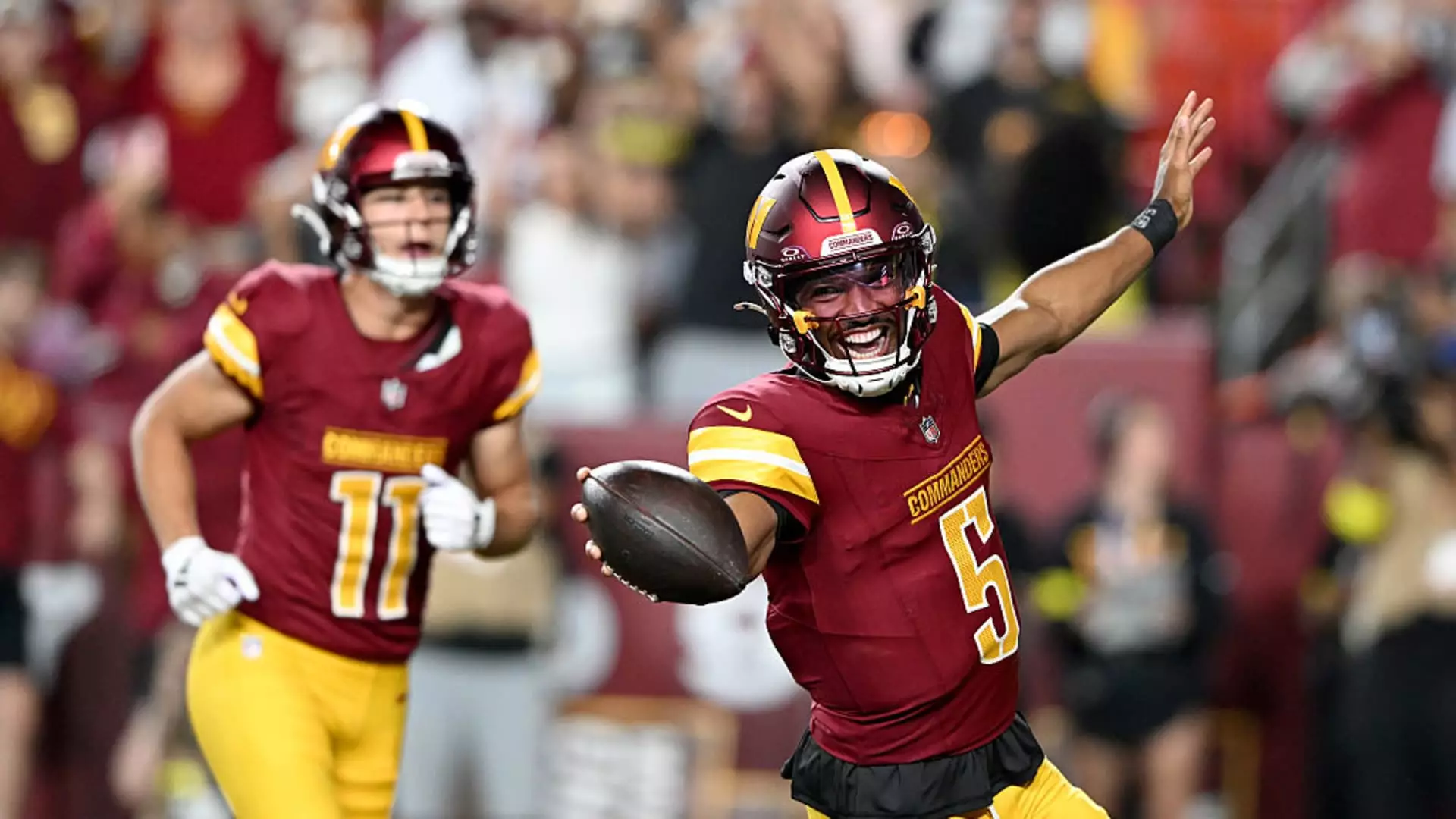Robinhood’s recent expansion into football prediction markets signals a daring shift in how financial platforms are intertwining with sports and gambling culture. While the company touts this move as a way to diversify its offerings and attract more engagement, it’s crucial to scrutinize what this trend represents in a broader societal context. Is Robinhood simply innovating, or is it legitimizing gambling under the guise of investment? This development exposes the blurred boundaries that increasingly threaten to commodify entertainment, sports, and even our basic notions of risk and reward.
The platform’s decision to integrate NFL and college football event predictions reveals a calculated effort to tap into the fervor of American sports fandom. But rather than comforting limits between gaming and investing, Robinhood’s prediction markets push the envelope, making betting—traditionally seen as recreational and sometimes problematic—a core part of financial activity. Their framing of these markets as part of a “one-stop shop” for investing and trading flattens the distinction between prudent financial decision-making and the reckless pursuit of quick wins. This effort to normalize sports-based gambling risks contributing to a culture that increasingly confuses entertainment with serious economic consequences.
Exploiting Popularity for Commercial Gain
At the heart of this move lies a desire to capitalize on the immense popularity of football, which has historically attracted a broad and diverse audience. Robinhood’s assertion that these prediction markets will be available daily and involve “the most popular” games suggests a strategic attempt to dominate this niche market. By offering real-time trading on game outcomes, Robinhood elevates sports prediction to a spectacle that resembles financial trading—a spectacle that can entrap the unwary and even incentivize irresponsible behavior.
This aggressive push reflects a larger trend within the financial tech ecosystem, where platforms constantly seek to maximize engagement, often at the expense of consumer protection. Robinhood’s foresight in launching these markets aligns with its broader strategy of integrating recreational gambling and investing, blurring the moral and emotional boundaries that traditionally kept gambling separate from responsible financial practices. It raises the uncomfortable question: are we encouraging a new generation of investors or indoctrinating them into a culture of compulsive betting disguised as economic activity?
The Cultural and Ethical Dilemmas of Integrated Wagering
Robinhood’s move is as much a cultural gamble as it is a financial one. Embedding prediction markets within a platform historically associated with democratized investing risks fostering a dangerous normalization of gambling behaviors. The promise of regular, daily trading could appeal to those seeking instant gratification—potentially snowballing into addiction for susceptible users.
From a liberal perspective, it’s vital to recognize that such innovations threaten to undermine societal efforts to promote responsible gaming and protect vulnerable populations. Instead of fostering financial literacy and prudent investment habits, Robinhood’s strategy risks cultivating a mindset that equates quick, speculative wins with economic stability. While some may argue this democratizes access and widens participation, the underlying danger lies in reducing complex economic concepts to simplistic bets, leading users to view markets as casinos rather than tools for wealth-building.
In essence, Robinhood’s football prediction markets embody a broader betrayal of the platform’s original mission: empowering individual investors. By allowing a culture of impulsive wagering to take root under the veil of innovative trading, Robinhood risks transforming into a facilitator of short-term thrills rather than long-term economic growth. It is a perilous direction that, if unchecked, could influence societal values around risk, responsibility, and financial maturity in profoundly negative ways.


Leave a Reply